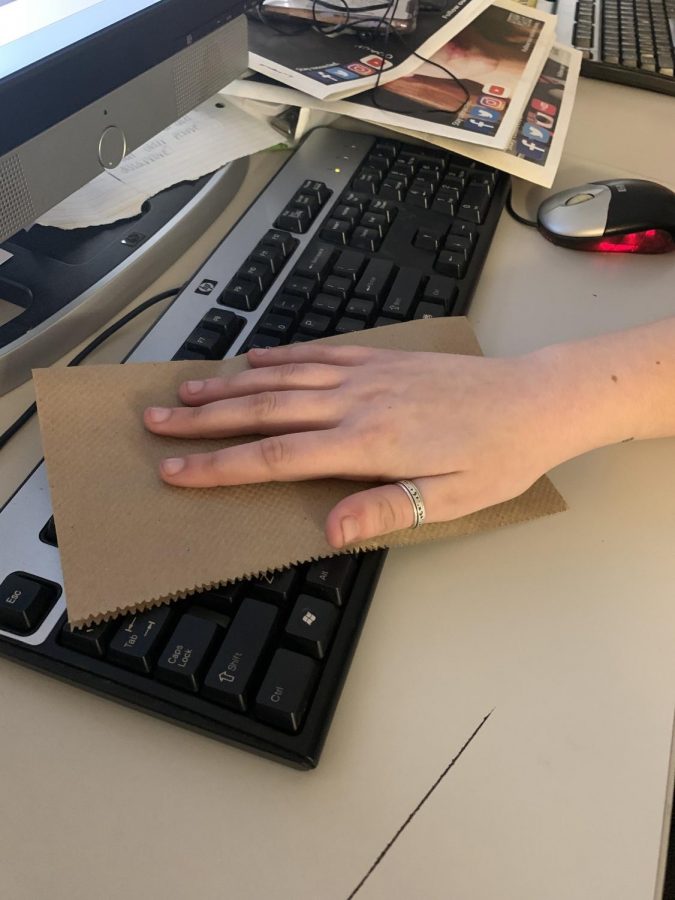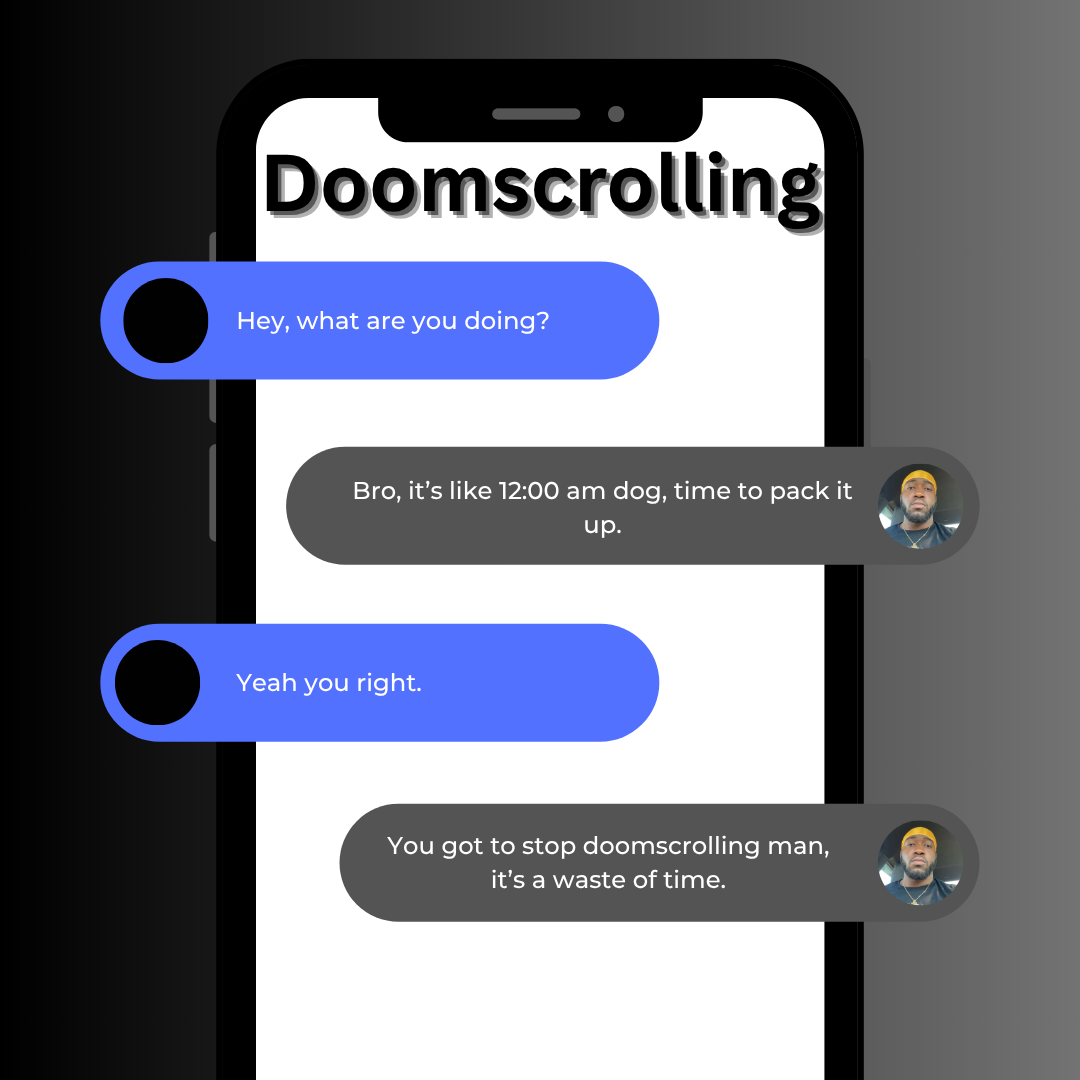Cold case
February 13, 2020
It seems never-ending. The coughing, sneezing, lethargy, and stuffy noses are a daily chore that one has to deal with when stuck with a bad cold. For sophomore Nathan Wolgamott, his struggles with sickness have been persisting for about a month.
“It feels awful to be sick. I have been feeling this way for about a month now, and I have not been seeing any change. If anything, it has been getting worse rather than better,” Wolgamott said. “I believe what I have came from school and other kids not taking care of themselves, which would cause people like me to be sick. Since there are a lot of kids together in the halls at one time, it’s inevitable that people will come in contact with one another. If people used things like sanitizer or washed their hands often, then I think that less people would get sick.”
Flu and virus season is hitting inside and outside of the classroom in full strength. However, this flu season is different as a different strand of influenza dominates the halls.
“Every flu season is different. We see flu start in the fall and it peaks from December to February, then it starts to trickle away. Last year was different because flu season was very long, and we saw patients into May,” pediatrician Dr. Rebecca Wegner said. “This year is different because influenza B, which usually comes a little later in the season, came early this year. We predominantly see influenza A in early months, but this year were mostly seeing influenza B.”
While it is hard to prevent the flu, there are some important steps that one can take to protect themselves from the virus.
“I’m a big fan of the flu shot. A lot of people say that either ‘oh the flu shot doesn’t work’ or ‘the flu shot was not effective this year.’ What people do not know is that they put 4 different strands of influenza in it to maximize the amount of protection. This year there are two A’s and two B’s, and the strands may be different to what they used last year. The problem is that the flu itself has the ability to mutate and change, which makes it harder for us,. One common myth about the flu shot is that someone can get the flu after getting the flu shot. This is not true. It is 100% false. You can not get the flu from the flu shot,” Wegner said. “.If a flu shot is even 40% effective, then that 40% is better than not getting protected from the flu at all. They try to vaccinate against the ones that they think are going to be most prevalent, so the flu strands that are the most infectious will go down. They also try to find the flu strands that are virulent. Strands that are virulent cause lots of complications, which can result in death. Even if someone gets influenza even after they get their flu shot then it still won’t be as bad as someone who didn’t. It could have easily prevented a hospital trip.”
Another virus that has been rampant across the globe is the Wuhan coronavirus. Appearing first in China, the virus has quickly turned into a national emergency in the U.S.
“My boss at work is natively Chinese and she flew, as she does every year, to China for the Lunar New Year. However, she got there days before the outbreak became insane and more widespread,” senior Anthony Barney said. “Now she is stuck in Beijing and not allowed out because they cancelled all flights in and out of China. She has contacted us, but she has no clue when she will be able to come back. They have not given her any indication of when she can leave that I know of. It’s honestly a really scary situation that I would not want to be in.”
Some students, however, would rather come to school sick than miss a day or two of class. Though it depends on the severity, kids find themselves in classes with colds, coughs, and runny noses.
“I come to school sick sometimes because otherwise there is a ton of homework that I would miss in my classes. I would get dumped with homework, and I really do not want that to happen. It is too stressful to miss school and have to catch up on my own time,” sophomore Mary Borus said. “It depends on the day and how bad I’m feeling if I have to miss school. I just wish some people would practice general hygiene and wellness practices like washing hands or using hand sanitizer. It can be a struggle to decide what to do in these situations when I don’t feel good. Most of the time I would rather be moderately sick and sitting in class than sit at home for hours doing work.”
When dealing with viruses such as the Wuhan coronavirus and influenza, prevention looks about the same. It takes common sense and more than simply washing hands once a day to prevent from getting sick.
“The big ways to prevent one from spreading [a virus] is to stay home if you are feeling sick. Don’t go to school with a fever because it is very contagious, and it can be shared with other,” Wegner said. “Avoid touching your mouth, eyes, and nose. Wash your hands and use sanitizer especially when you switch classes every hour. You never know who was sitting at the desk before you.”












